by Rachel Eskin Fisher
The greeting shalom means “peace,” and it also means “wholeness,” and “perfection,” and “completeness.” Jewish tradition incorporates the idea that imperfection, brokenness, and incompleteness are part of being human. After all, if we had shalom, we wouldn’t need to wish it for one another all the time. We know that if people are going to move a muscle or open our mouths to speak, we are going to make mistakes. We are going to cause harm – to the world God created, to God’s hope for us, and to each other.
Thus, our tradition creates opportunities to come full circle – to see the harm we have done, experience remorse for it, make restitution if possible, and, finally, to confess our transgression. Once we have turned this circle of t’shuva, it is up to the person or people we have harmed to decide whether or not to return to relationship with us. In my experience, no one to whom I have returned after t’shuva has refused to re-enter relationship. Nor have I failed to embrace someone who has returned to me after t’shuva.
Many universities and other institutions have harmed the Jewish community by failing to protect us from hate speech and aggressive behavior. This failure arose, in part, by a broader, longer-term failure of scholars and educators to grapple with Jewish history and identity and its inconvenient – but fascinating and generative – complicating of social and political concepts and categories. This harm was illustrated by the failure of several university presidents to respond to Congressional questioning about anti-Semitism (which, Michelle Goldberg explained in the NY Times, was McCarthyistic and manipulative) with humane answers.
In a 1973 Yom Kippur sermon that was also his last sermon in Newark, NJ, Rabbi Joachim Prinz spoke of a prayer in the Neilah service: “Open for us the gate at the moment when we close the gate, for the day is gone.” He said, “The closing of the gate is not to be emphasized, but rather we emphasize that which we say at the moment when we close the gate: p’tach lanu sha’ar, the new gate will be open for you.” “For in Judaism,” Prinz said, “there is no end.” There is no end to relationship, with God or with other people. There is only turning.
The president of Harvard University, Claudine Gay, has apologized for her responses during the Congressional hearing. She has taken concrete steps to repair the harm of anti-Semitism, which, as Rabbi David Wolpe noted when he resigned from a committee on anti-Semitism at Harvard, she did not start or encourage. I think it was wrong to call for her ouster, and it would be both ethically wrong and a strategic mistake for Jews to decline to re-enter a relationship with her.
In a 1960 radio interview with Mike Wallace, Rabbi Prinz noted that “anti-Semitism is not a Jewish problem…It is a problem that affects Jews. But the solution of the anti-Semitism problem is totally, entirely a problem for society, for Christianity, for education, for democracy.” We Jews are a tiny minority. The problem of anti-Semitism is “beyond our solution.”
Perhaps it can only be remediated by those who have recognized the problem, experienced remorse for it, expressed that remorse, and begun to take concrete steps to repair it. People like Harvard President Claudine Gay. Opening the gate to a post-t’shuvah relationship with Dr. Gay, along with refusing to participate in the weaponization of anti-Semitism to undermine diversity and inclusion work, creates an opportunity to begin repairing anti-Semitism in the academy. The work can commence to deepen and complicate social categories and concepts, to consider seriously Jewish people in all of our intersectionality, to be fully inclusive.
As Dr. David Thomas, President of Morehouse College, noted, “let us not allow the righteous call to address antisemitism to be used as a wedge to divide us.” The circle of t’shuvah is not complete, there is no shalom, until there is an embrace. At the moment our arms close, the gates can open.
Dr. Claudine Gay, President of Harvard University








